Indigenous voice to parliament drafting debate fuelled by ‘shallow tribalism’ and fear
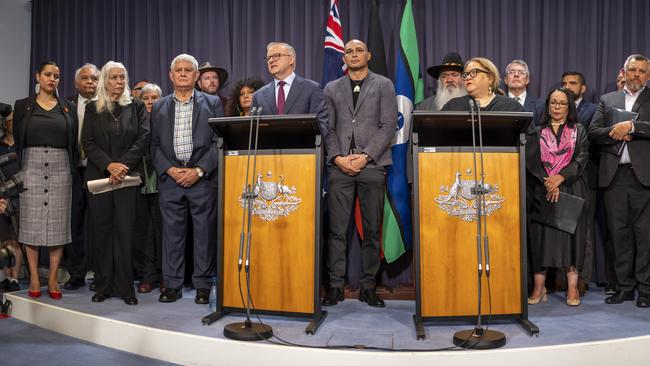
The voice has broad discretion to advise on matters relating to Indigenous people, and parliament has broad discretion to legislate on matters relating to the voice. This is balanced. Such reciprocity can underpin mutual responsibility, creating a new partnership to achieve better practical outcomes.
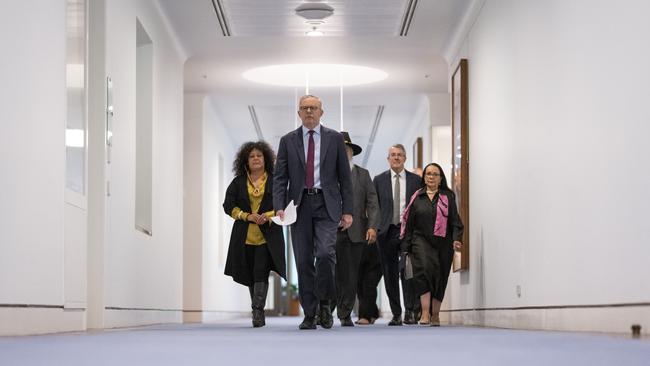
Yet debate about the drafting is being debased by shallow tribalism. Let’s be clear on the facts. The constitutional amendment does not require the voice to be consulted. It provides only that the voice “may make representations” on matters relating to Indigenous people.
The amendment does not require the Reserve Bank to consult the voice on interest rates, a question opposition legal affairs spokesman Julian Leeser posed during question time. There is no constitutional obligation for anyone to consult the voice.
Any such obligation would need to be articulated in the legislation enacted by parliament. It is inconceivable that parliament would require the RBA to consult the voice on interest rates. Ditto for decisions on national security or defence. Whether the voice should be proactively consulted on particular matters, and its advice considered by policymakers on particular matters, would be for parliament to determine.
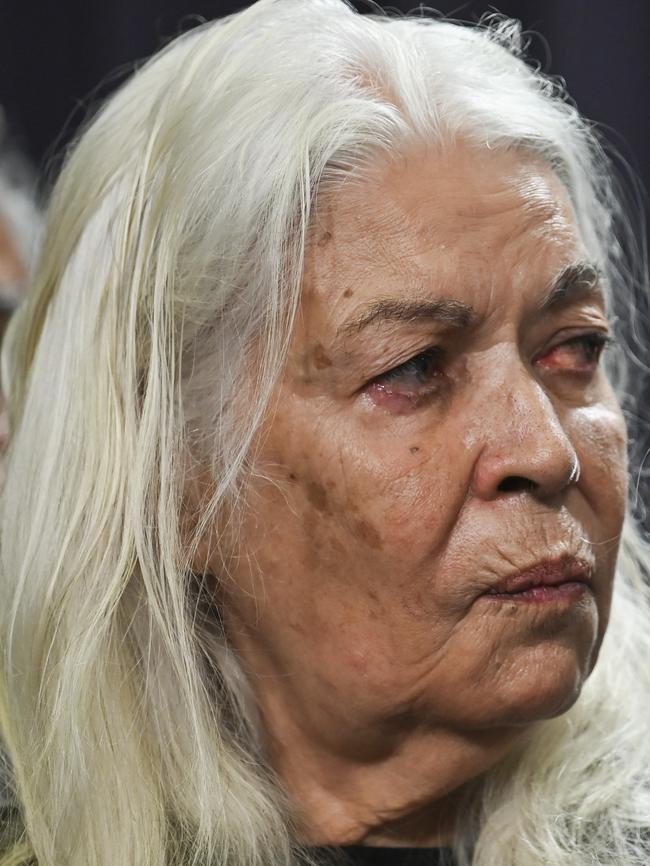
The constitutional amendment does not enable the voice to “mesh the executive government” in litigation on “decisions about nuclear submarines” or “the location of lighthouses”, as constitutional lawyer Greg Craven has claimed mischievously.
The revised clause three gives parliament even broader power to control “matters relating to” the voice. It confirms parliament can legislate to confine or exclude obligations to consider advice, or to exclude the possibility of litigation for failure to consider advice.
This answers concerns raised by people such as Craven. Yet Craven now says he is “nailed” between supporting the voice but opposing the drafting because it includes advice to the executive.
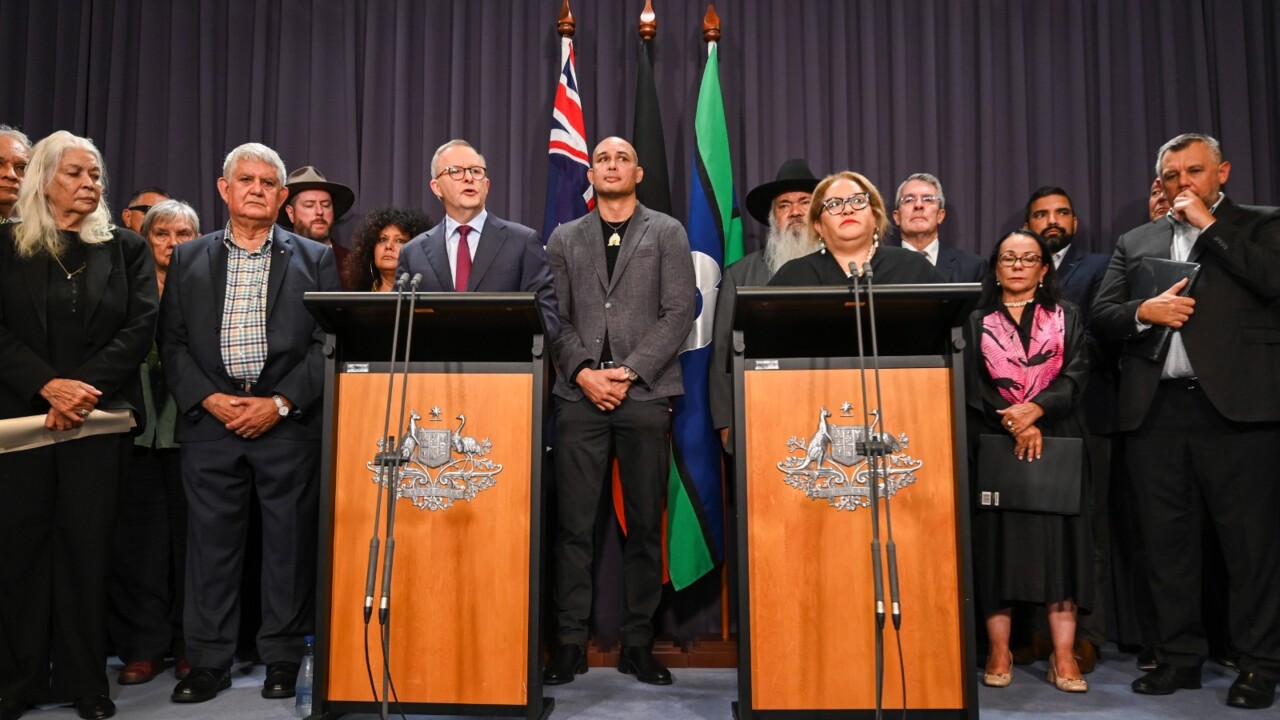
Craven admits to helping devise the conservative voice concept back in 2014 but fails to mention that advice to the executive was in the words he co-created. The government’s drafting developed from those words, though the recent revision gives parliament more power. The voice was always intended to keep parliament in charge. The refinement confirms this beyond doubt.
Since 2014, Craven expressed no objection to the voice giving advice to the executive. In July last year he submitted with Damien Freeman to the voice co-design process, endorsing the drafting published by Anne Twomey in 2015, which included advice to the executive.
They wrote: “In 2015, Professor Anne Twomey published a proposal for an amendment to the Constitution that could give effect to (Noel) Pearson’s Indigenous advisory body. We were actively involved in the discussions through which this amendment was drafted. We believed in 2015, and still believe, that it is legally sound. It is a provision that would not undermine the supremacy of parliament or give rise to uncertainty in the High Court’s interpretation of the Constitution.”
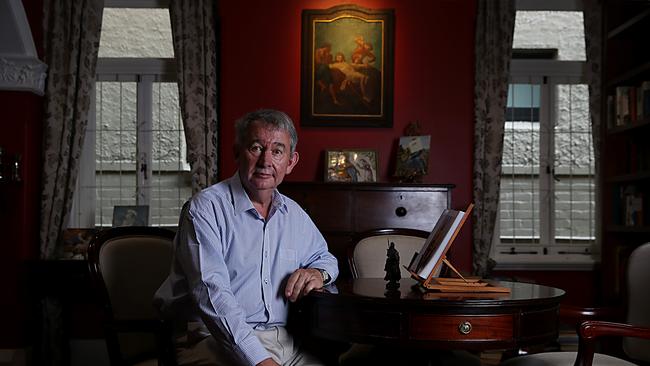
Yet now Craven says advice to the executive will “hogtie government” into “webs of legal challenge”. So was he disingenuous in July last year or is he disingenuous now? Because advice to the executive is not new. It was there from the start. Even in January this year, in a paper for the Centre for Independent Studies, Craven and Freeman explained the importance of constitutionally guaranteeing “a mechanism for ensuring that the parliament and the executive government” can “hear Indigenous voices when making laws and policies with respect to Indigenous affairs”.
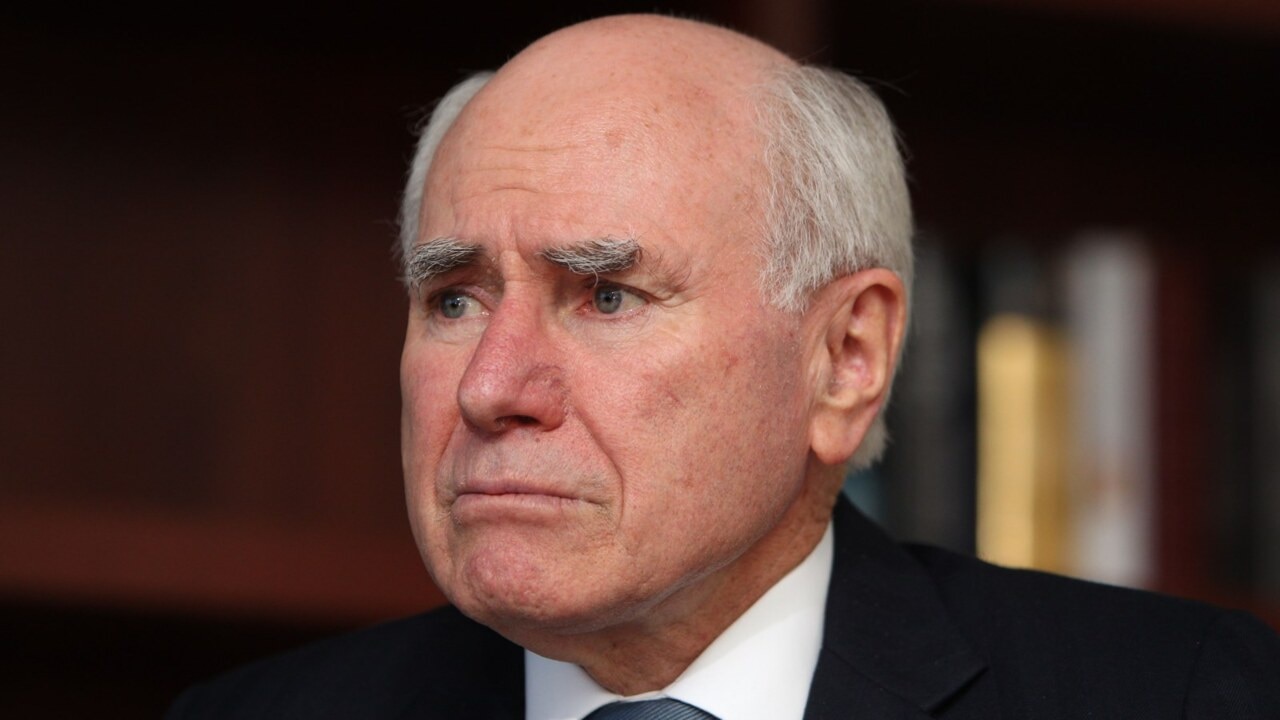
It is only in recent months, following fearmongering by former High Court justice Ian Callinan and law professor Frank Brennan, that Craven has gone to water. Now he calls the drafting “a ruthless con job” and claims that advice to the executive could paralyse government.
“Frustrating legal challenges will multiply like cockroaches,” Craven wrote last Friday, berating the “Indigenous radicals” supposedly responsible. On Saturday, he repeated bizarre remarks about the voice derailing decisions about submarines and lighthouses. Despite the danger of shipwrecks, however, Craven says he is voting Yes to the amendment. Go figure.
These are strange contortions. Craven may be letting his dislike of some Indigenous progressives cloud his judgment. Perhaps he is annoyed his preferred refinement was not adopted. Yet the revised clause three gives parliament more discretion than that solution, which would have conferred only the narrow extra power to manage the “legal effects” of the voice’s representations.
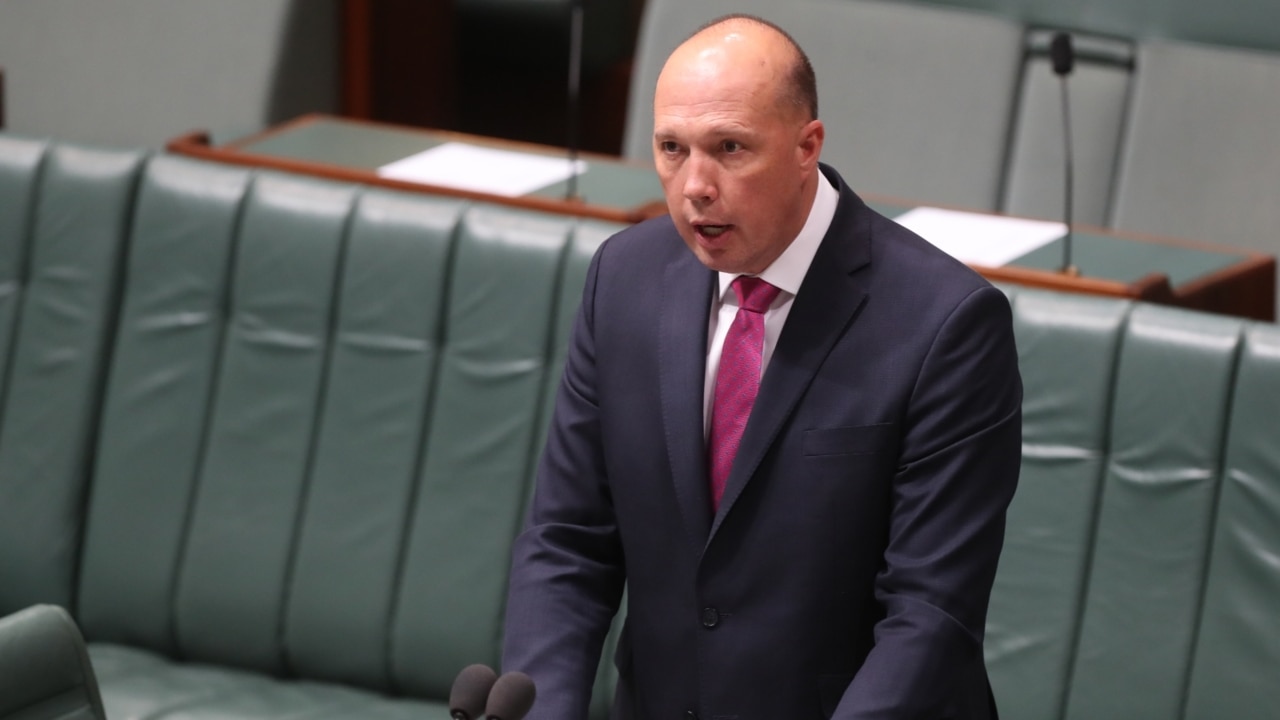
Craven is nailed between his previous fair assessments of the drafting he co-created, and the opposition he’s now misguidedly trying to inflame. We should not be distracted by these shenanigans.
The refined drafting reconciles the Indigenous desire to end the torment of their powerlessness with the desire of politicians to maintain parliamentary supremacy. We have arrived at a radical centre in constitutional craftsmanship, thanks in no small part to constitutional conservatives such as Craven and Leeser who had the moral and intellectual fortitude to co-create the modest yet profound solution Indigenous Australians now champion. I hope Australians of left and right harness their better angels to bring this solution to fruition.
Shireen Morris is director of the Radical Centre Reform Lab at Macquarie Law School.

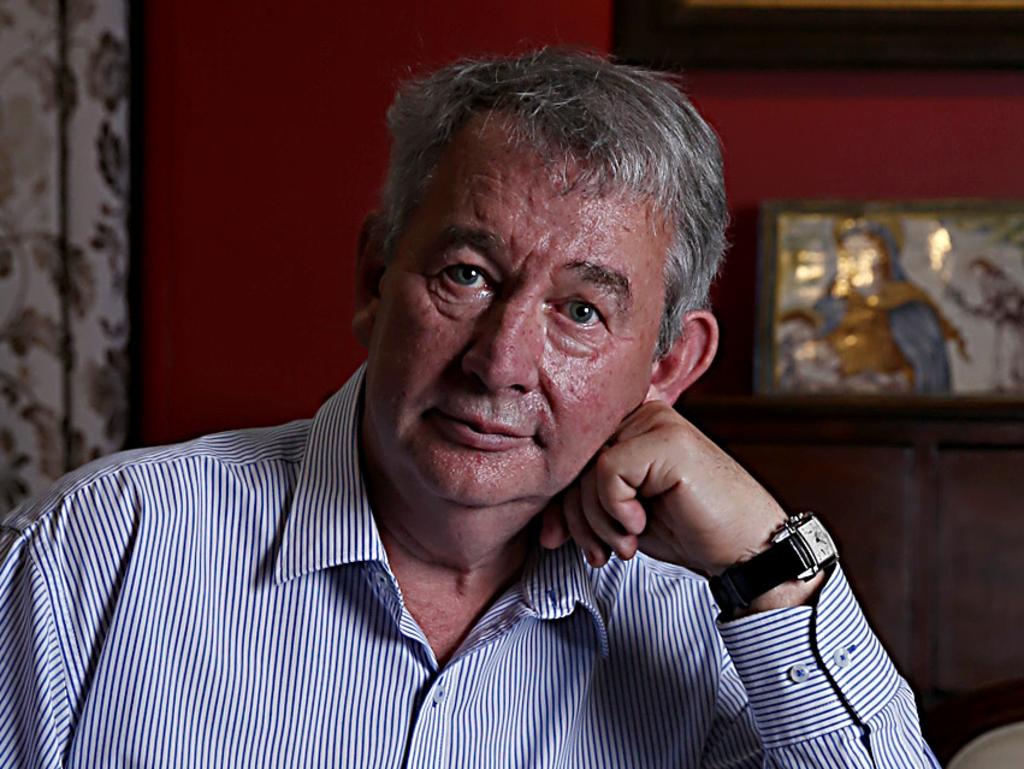
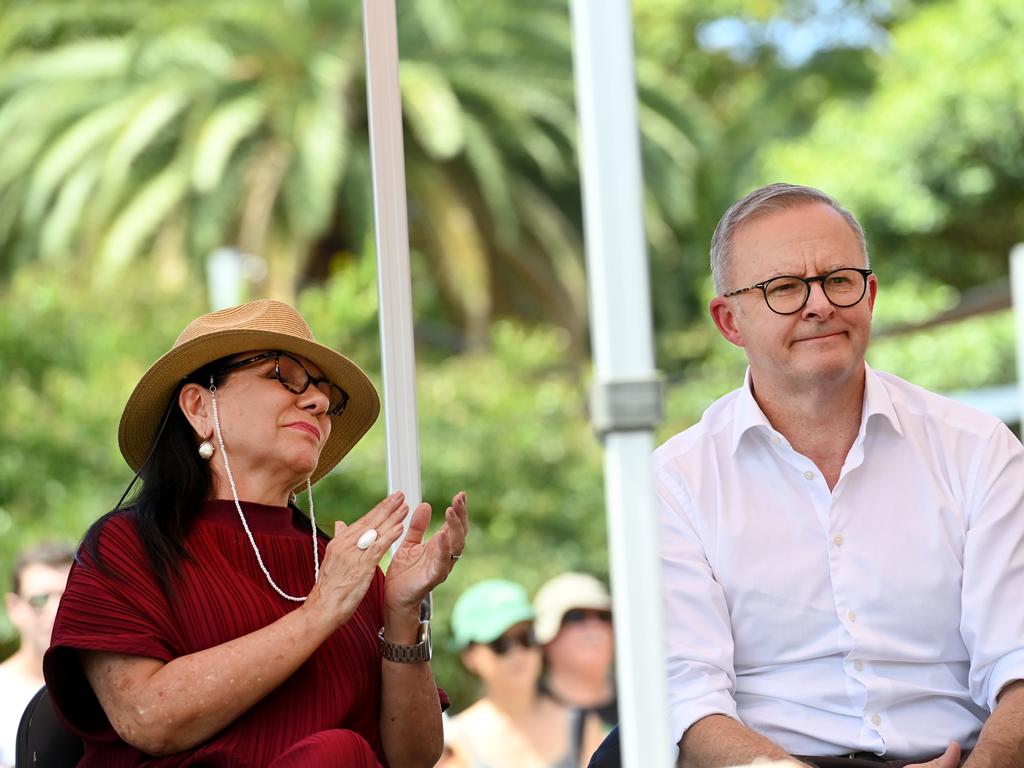
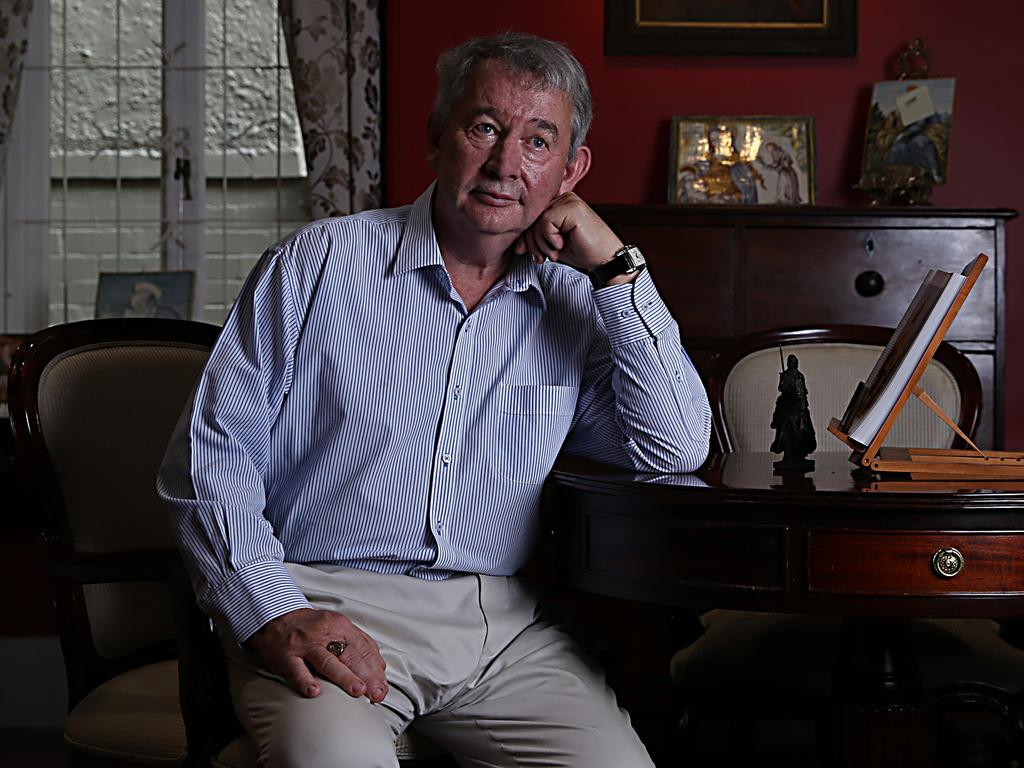

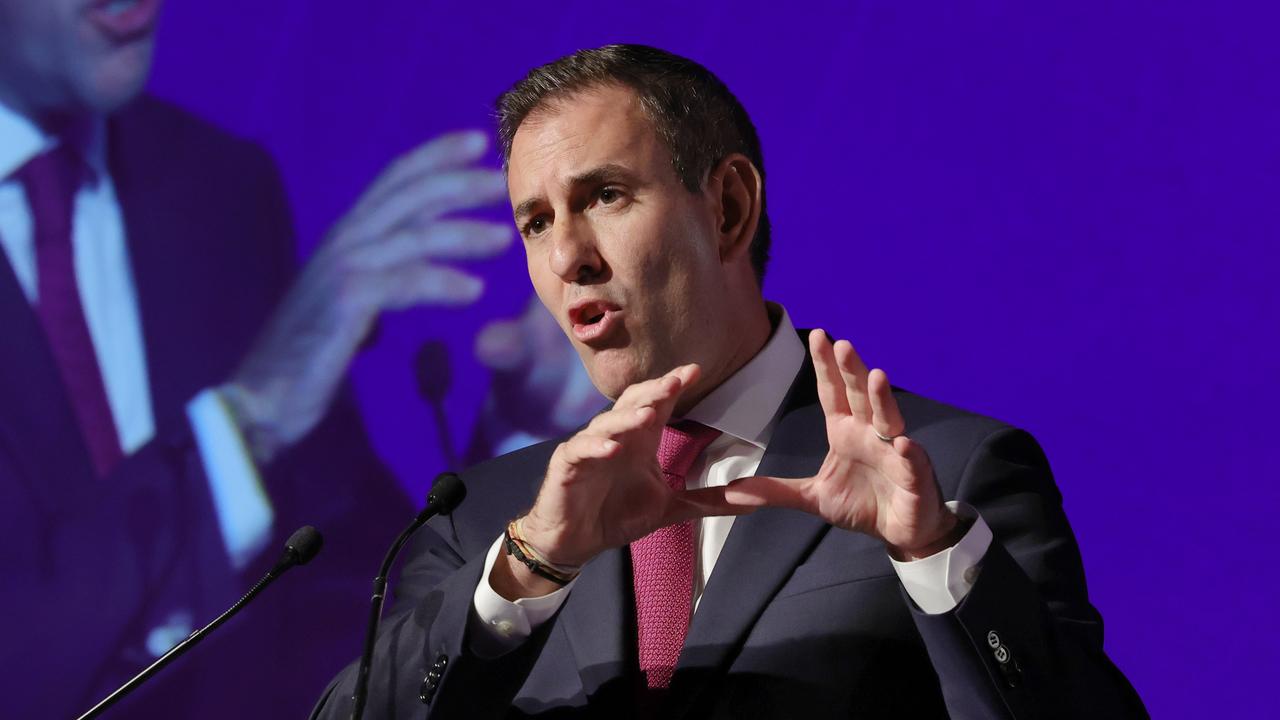
The government’s recent drafting change has perfected the Indigenous voice to parliament amendment. There is now neat reciprocity in the change to clause three, strengthening parliament’s power and answering concerns about High Court uncertainty.